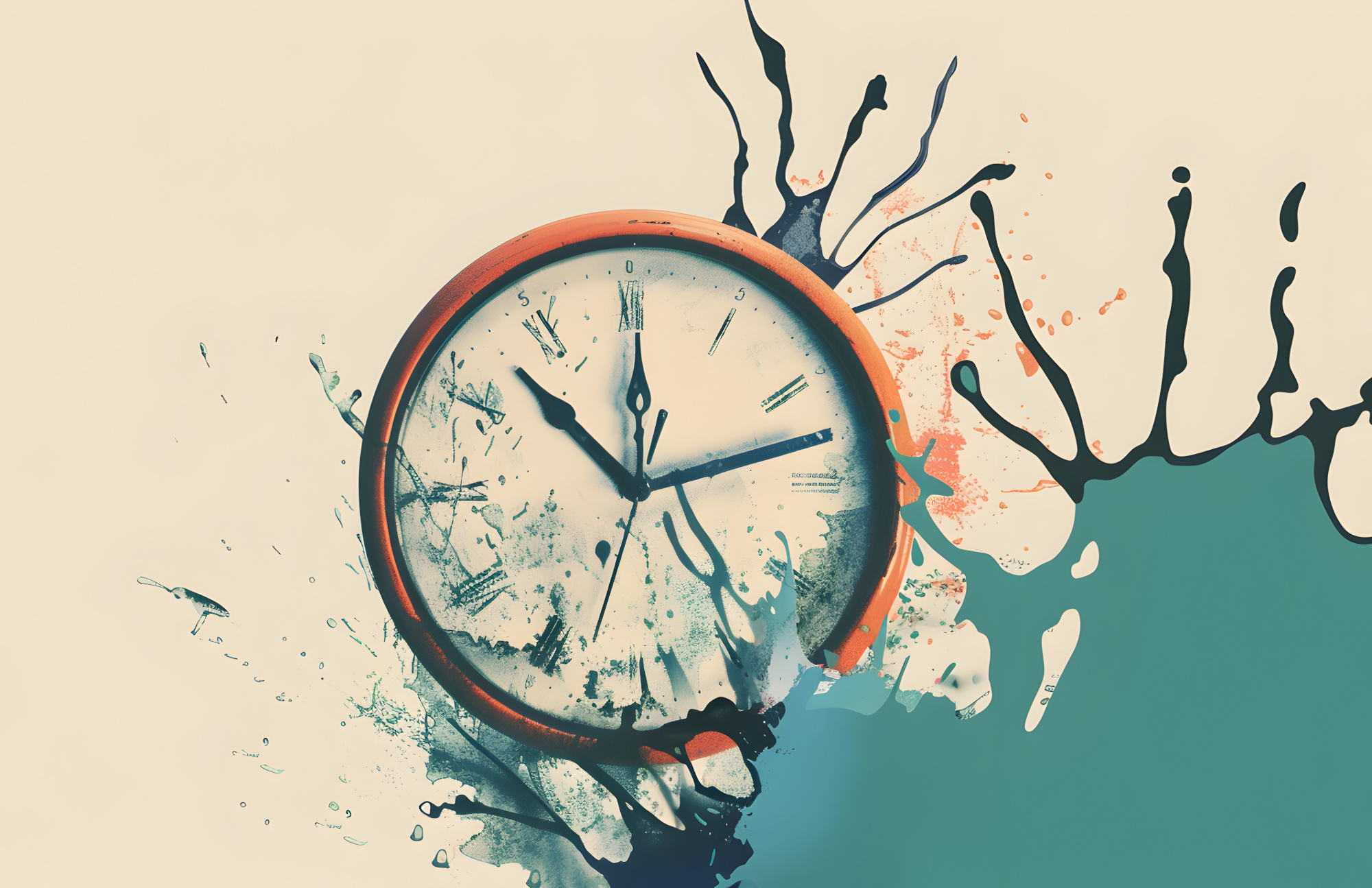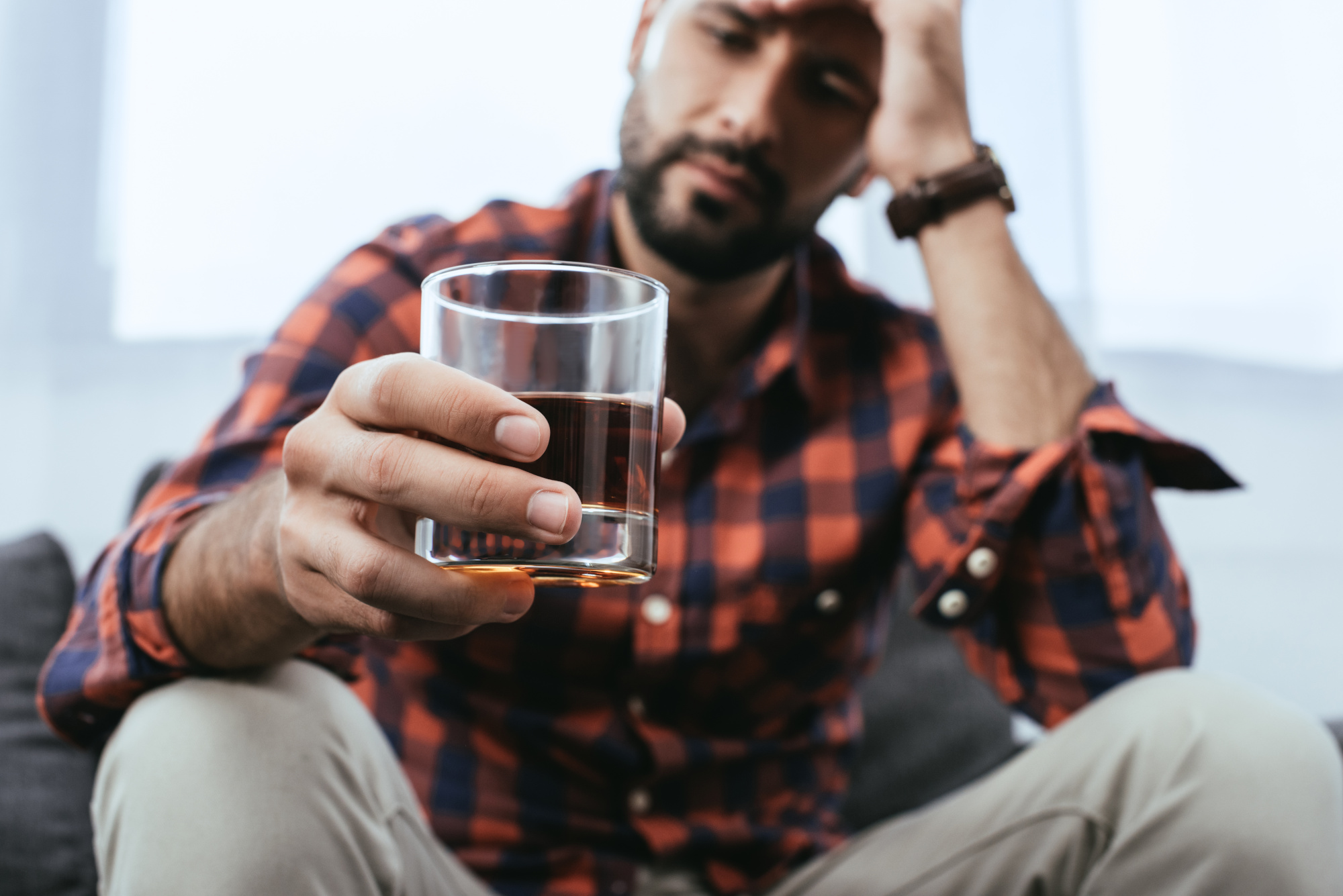Prioritizing self-care is an important part of maintaining long-term recovery. Unfortunately, many of us find it difficult to practice self-care. Whether we struggle to prioritize it every day or feel self-centered, implementing self-care techniques is easier said than done.
Nevertheless, there are many benefits of self-care for recovery and mental health. In treatment and recovery, you should consider creating a self-care routine to maintain your sobriety.
The nice thing about self-care is that there are several practices you can experiment with. You can learn the benefits and importance of self-care by trying out these ten self-care ideas today.
Struggling with Addiction
Many people develop substance use disorder (SUD), which occurs when someone can not control their alcohol or drug use and impacts every area of their life. Substance use is not the only thing people become dependent on, though.
In addition to drugs and alcohol, it is common for people to become dependent on specific behaviors. This is known as a behavioral addiction. Common examples of behavioral addictions include gambling, food, and sex.
On the surface, people may think behavioral addiction is not as much of a concern compared to SUD. However, they can create just as much physical and emotional turmoil.
Behavioral Addiction
When someone cannot cope with trauma or distress, almost any behavior can be addictive. As mentioned, common behavioral addictions include food, gambling, and sex, but people can also become dependent on things like shopping and the internet.
Symptoms of a behavioral addiction include:
- Struggling with mental or physical well-being as a result of an addictive behavior
- Problems in personal and professional relationships
- Adverse effects that directly correlate to addictive behavior, and the inability to stop the behavior despite these effects
- Withdrawal symptoms when trying to stop behaviors — withdrawal may present itself through feelings of irritability
- Intrusive thoughts or trouble opposing impulses
- Experiencing guilt or denial surrounding these behaviors
Causes of Addiction
One of the many similarities between SUD and behavioral addictions is that biological, social, and environmental factors can contribute to their development. There is no one factor or indicator. Several factors contribute.
Many experiences can cultivate the development of these addictions. For some, that includes childhood traumas. With others, it may begin in a phase of experimentation in youth.
There is no way to predict how anybody will respond to substance use. For this reason, the consumption of drugs and alcohol at an early age is dangerous.
Beyond SUD, people may become addicted to behaviors when they do not know how to cope with past trauma. It sparks a chain reaction. The inability to healthily cope with trauma leads to addiction, which can lead to the development of other co-occurring mental disorders.
Common SUD Treatment Options
Before treatment can begin, you will go through an assessment and work with professionals to create an effective treatment plan. Even though the best treatment depends on your individual needs, many modalities and practices are commonly implemented.
Evidence-Based Modalities
Evidence-based treatment modalities help you understand internal motivation. They teach you how to cope with your SUD. Some of the evidence-based modalities that effectively treat SUD include behavioral therapies, psychodynamic therapy, and trauma work.
Cognitive-behavioral therapy (CBT) helps you understand how thoughts and emotions influence behavior. CBT helps you interrupt negative thinking patterns and change negative behaviors. Another type of CBT — dialectical behavioral therapy (DBT) — focuses on emotional regulation. Specifically, it will help you regulate your emotions, learn to create boundaries within interpersonal relationships, and tolerate distressing situations.
Psychodynamic therapy considers age, life stage, family systems, and how these play into your present life. Doing this helps you understand how your identity was developed and what things you still must work through. The development of self-awareness during this time also allows you to see how your past behavior influences present behavior.
Many times, SUD develops due to unresolved traumas. Trauma-informed treatment, or trauma work, can be beneficial. It helps you break down and process trauma safely.
No matter which modality you participate in, most facilities also utilize group formats. Group therapy connects you with peers, provides hope, and empowers you. Addiction is a very isolating disease. Knowing other people understand you makes all the difference from one day to the next.
Holistic and Alternative Methods of Addiction Treatment
Along with the evidence-based modalities listed above, you can also benefit from practicing holistic and alternative treatment methods. Holistic therapy offers a whole-person approach to addiction recovery that, similarly to evidence-based treatment, is tailored to your needs.
Additionally, holistic therapy helps you process trauma, negative experiences, and feelings. It allows you to cope by focusing on finding inner peace, which removes the need to use external methods like substance use.
Lastly, many alternative practices implemented into holistic therapy can be utilized later in recovery as part of your self-care routine. Engaging in holistic techniques for the first time can be an excellent exposure to self-care and may make you feel more comfortable about practicing self-care in recovery.
Types of Holistic Practices
Typical holistic practices you can expect to be exposed to include:
- Yoga is a physical and spiritual practice that helps you connect your mind, body, and spirit via movement and breathwork.
- Meditation and mindfulness-based practices allow you to slow down, breathe, and focus on the present. A tool like this allows you to focus on a singular moment instead of worrying about the next decade of sobriety.
- Massages are more lavish than a typical self-care practice, but they can be incorporated into your routine on an occasional basis. They can also be used in addiction treatment. Massage therapy helps you relieve tension, relax, and focus on recovery.
- Acupuncture is a holistic practice that can help you too. According to the National Center for Complementary and Integrative Health, research has shown acupuncture to be effective in improving several conditions and overall well-being.
These are a few holistic practices you may experiment with during treatment. However, you should only implement them into your self-care routine if you feel they will help maintain long-term sobriety.
Holistic Practice and Self-Care
Self-care is not about weekly lavish spa trips or spending a ton of money. It is simply about prioritizing your mental and physical well-being.
Self-care routines do not have to be a huge ordeal. When leaving treatment, you may practice self-care by carving out 30 minutes a day to implement a holistic practice into your day — whether it is yoga, meditation, or another method like art or music therapy.
10 Self-Care Ideas to Try in Recovery
The most challenging part of trying something new is getting started. That includes trying to practice self-care for the first time.
Thankfully, there are several recommended ways to practice self-care. You can try implementing these self-care ideas into your recovery journey:
#1. Moving Your Body
The mind and body appreciate movement. When people exercise, they experience the release of endorphins, which significantly improve mood.
Additionally, exercising distracts from triggers, cravings, or other negative thoughts. An exercise routine can include a daily walk, yoga, or trying out the gym — whatever kind of movement works for you.
#2. Self-Care Through Nutrition
Similar to fitness, the body also needs certain nutrients to be healthy and function properly. Being mindful of what you put in your body is a big part of treatment and abstaining from substance use. You must also be conscious of the foods you consume.
#3. Journaling
Despite the cliché, journaling can be an effective self-care tool. Carving out a designated time to journal each day helps you rationalize your thoughts, cope with triggers, and reflect.
By self-examination, you can recognize areas of success and improvement. Journaling helps you see how far you have come, It motivates you to continue with your recovery.
#4. Reading a Book
In addition to journaling, reading can be another self-care practice. Reading exercises the brain, improves concentration and sleep, reduces stress, and educates you.
Plus, reading can also be an effective distraction when experiencing intense triggers and cravings.
#5. Get Creative
Though it may not seem it, creativity can be a form of self-care for people with creative and artistic passions. Hobbies provide a distraction, but taking on creative projects will also feed your soul.
If you are a writer, painter, musician, or love to sculpt, carve out 30 minutes each day to do what you love. Moreover, you don’t need to be the best artist to benefit from it. You only need to connect with what you’re doing.
#6. Create Morning and Night Self-Care Routines
Routines are essential for recovery. Ideally, you should create a morning and night routine.
You could get up earlier each day to take a 15-minute walk, make your favorite breakfast, or go out for your favorite coffee. These are all forms of self-care. Additionally, you can take a nightly bath, have a skin-care routine, or carve out the last 30 minutes before bed to read your favorite book.
Routines like these are healthy ways to start and end the day. Though they seem like mundane tasks, the most effective self-care ideas are ordinary pleasures we can experience each day.
#7. Unplug Yourself from the World
People are constantly attached to their phones. Too much screen time, social media, and internet use can be harmful though. You should take care of yourself by unplugging once in a while. Taking space from your phone can help you recenter.
You can try sleeping with your phone in another room to prevent spending the first 10 minutes of your day mindlessly scrolling. Also, you can stop phone use after a specific time each night to allow your mind the necessary rest it needs.
#8. Prioritize Friends and Family
Life gets busy, especially the older you get. Nevertheless, connecting with the loved ones in your life is essential to maintaining long-term sobriety.
Another way to practice self-care is prioritizing time to see friends and family. You could do a weekly Friday game night and Sunday dinner. Never underestimate the benefit of spending time with the people you love. It can improve your mental health and maintain recovery.
#9. Time Alone for Self-Care
On the flip side, time alone is also essential. You might spread yourself too thin because you want to please people. Sometimes, you must prioritize yourself.
Designate a weekly period of time to do something for yourself. Spend that time having a movie marathon, binge-reading your favorite book series, taking your dog on a small road trip, or anything else that will make you happy and improve your well-being.
#10. Travel
Speaking of bringing your dog on a small road trip, traveling can be relaxing and refreshing. Travel doesn’t need to be an extravagant trip. It can simply be a day or two away at your favorite beach or mountain.
Getting away gets you out of your head. Think about spending some time away from home to refresh your mind, body, and soul from time to time.
Consider Self-Care Today
As you can see, practicing self-care each day does not have to be a huge ordeal. The hardest part is carving out time every day for it. Consider creating a self-care routine for your post-treatment regimen today. Your recovery and mental health will thank you for it.







